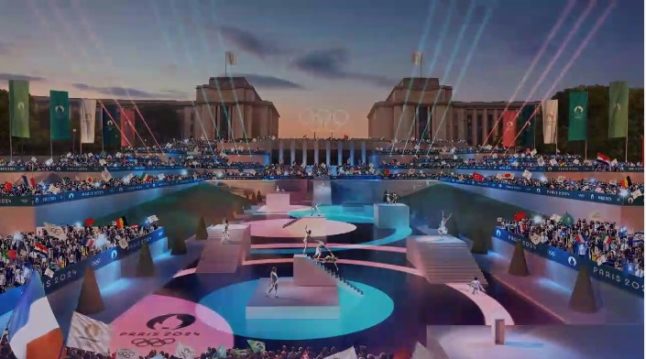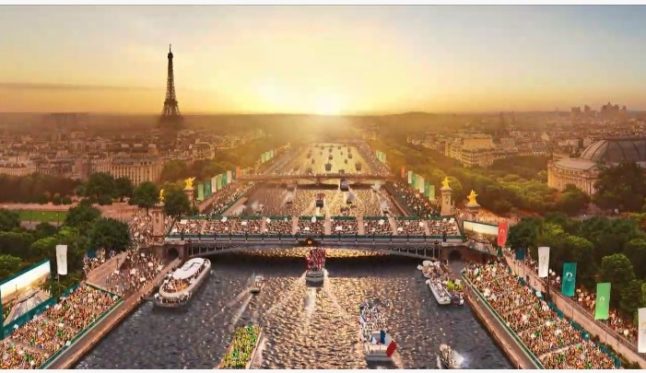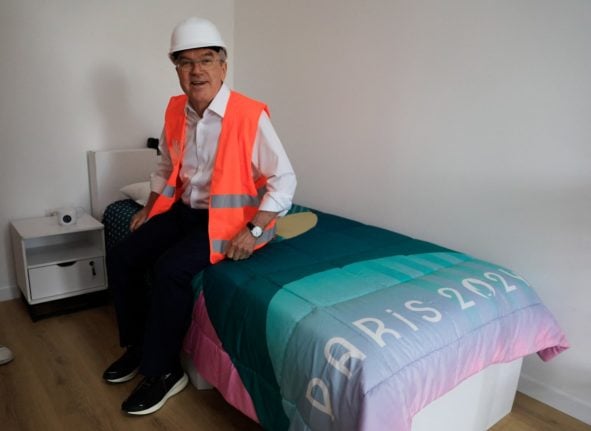More than 160 boats filled with athletes and officials are set to sail almost six kilometres (four miles) along the river in central Paris, with as many as 600,000 spectators expected by organisers.
“We are able to do it but it will need to be carefully planned, both for the nautical risks and the access risks, checkpoints, flows, movement, and the number of access points to avoid bottlenecks,” Michel Cadot told a Senate hearing on Thursday.
Cadot, who is a top government official in charge of major sporting events, was being grilled over crowd problems at the Champions League final in Paris at the end of May.
He said that plans for the opening ceremony were still being discussed at various levels of government and would hopefully be approved “by the end of 2022.”

READ MORE: Paris Olympics: 600,000 opening ceremony spectators and €24 tickets
The ceremony was “objectively a major logistical and organisational challenge,” he conceded.
The decision by organisers to break from the long-held Summer Games tradition of an opening procession in a stadium has reportedly been backed by Paris Mayor Anne Hidalgo and President Emmanuel Macron.
But opposition politicians and security experts have questioned it.
“The open-air opening ceremony is a nightmare for security forces,” deputy head of the Paris region, Patrick Karam, told BFM television at the end of May.
“We’re going to have to abandon it. We can’t guarantee security along the whole route for all of our fellow citizens.”
Well-known French criminologist Alain Bauer called it “criminal madness” in an appearance on the France 5 channel at the end of May, noting the risks of a drone attack or a stampede by the water.
“There’s not a single expert from France, abroad, the CIO (International Olympics Committee), who thinks this thing makes sense,” Bauer said, adding that it was impossible to secure the whole area.
“It’s the most dangerous ceremony in Olympics history,” he said.
Cadot pointed to recent celebrations to mark the Queen’s 70 years on the throne in Britain as proof that it was possible to organise major open-air gatherings.
“Look at what happened in England recently along the banks of the Thames for the Jubilee and ceremonies with extremely large crowds,” he told the Senate hearing.



 Please whitelist us to continue reading.
Please whitelist us to continue reading.
Member comments